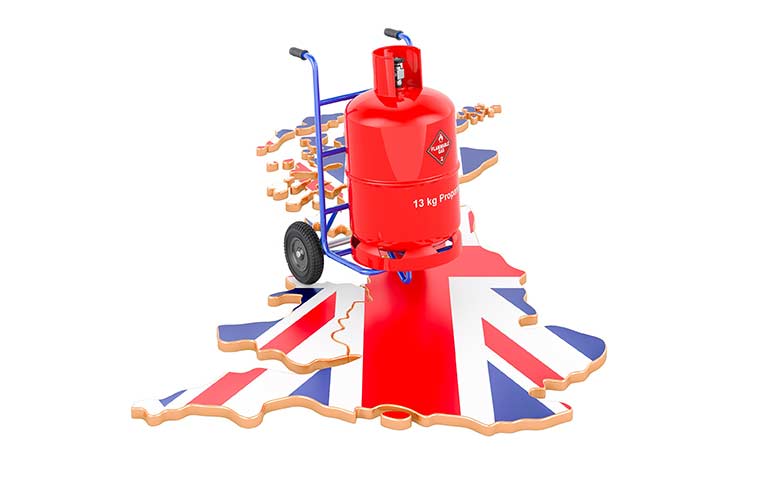BESA calls for calm in UK F-gas revision
5th April 2023
UK: The UK government has been urged to keep “a sense of perspective” in its decision making over any changes to the F-gas regulations.
The latest European F-gas revision proposals seeking to speed up the timetable for eliminating the use of f-gases from use in stationary refrigeration, air conditioning and heat pump systems from the start of 2026, has been met with strong opposition from European industry.
The UK has continued to mirror the European F-gas regulation since Brexit but the Building Engineering Services Association (BESA) has said that Great Britain now had an opportunity to make up its own mind about which rules to adopt.
In many aspects, UK stakeholders have echoed the concerns and observations of their European counterparts, particularly with regard to the phase down and its effect on heat pumps, training and countering the illegal trade.
The government’s own recently published F-gas assessment report admitted that initial European phase down modelling may be unfeasible for the market in Great Britain.
Lethal consequences
While applauding the ambition of European administrators to show global leadership on tackling climate change, BESA, which manages the UK’s primary F-Gas Register REFCOM, has warned that the latest proposals could have potentially lethal consequences, particularly in the developing world. It also said that if the UK decided to adopt the new restrictions it could undermine its programme for wider adoption of heat pumps and so compromise its decarbonisation targets.
“The proposed new timetable would require a dramatic acceleration in the adoption of alternative refrigerants,” said BESA’s technical director Graeme Fox. “This will increase the amount of flammable gas in use which would create serious safety concerns.”
He urged the UK government to take a pragmatic approach pointing out that the industry’s workforce is not yet fully trained in the use of flammable refrigerants and that removing the option to service and maintain installed equipment with existing HFC gases would be counterproductive.
“Many installed systems still have a useful operating life of at least 15 years, and it would be putting the industry and its clients in an extremely difficult and, potentially, impossible position if some of the proposed restrictions on the availability of refrigerants used for servicing these systems were adopted,” said Fox.
“Tearing out energy efficient and perfectly serviceable equipment would make no sense from an embodied carbon perspective and could be financially ruinous for many end users.
“What happens in Europe is still important to us and the rest of the world,” said Fox. “The rest of the world looks to it for leadership and manufacturers will have to adjust their global strategies to reflect any major changes in one of its largest markets – so this will be significant for worldwide product development.
“There have already been deaths in Africa linked to mishandling of flammable gases and a worldwide programme for safe refrigerant handling developed by the United Nations Environment Programme is only just getting up and running.
“It will take time to get technicians up-skilled, certified and able to work safely with the new generation of refrigerant gases, so it is vital that we do not jump the gun and start flooding the market with alternative systems before the workforce is competent to work with them.”
“Of course, we should continue leading the way in transitioning the world towards more environmentally benign refrigerants, but just because something is technically feasible does not mean it is morally or professionally applicable in the real world,” said Fox.
Related stories:
F-gas phasedown plan may be unfeasible in Britain – 18 December 2022
UK: The UK has echoed European concerns with regard to the revision of the F-gas regulations and admits that Great Britain may struggle to match the EU phasedown proposal. Read more…







